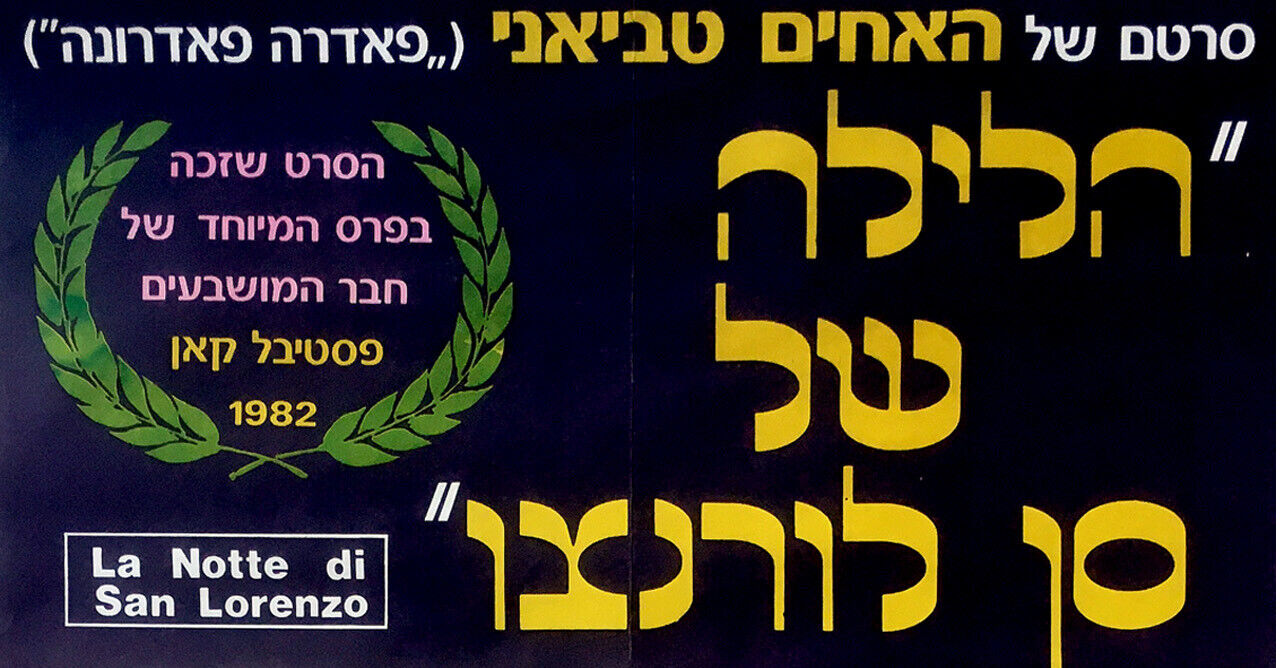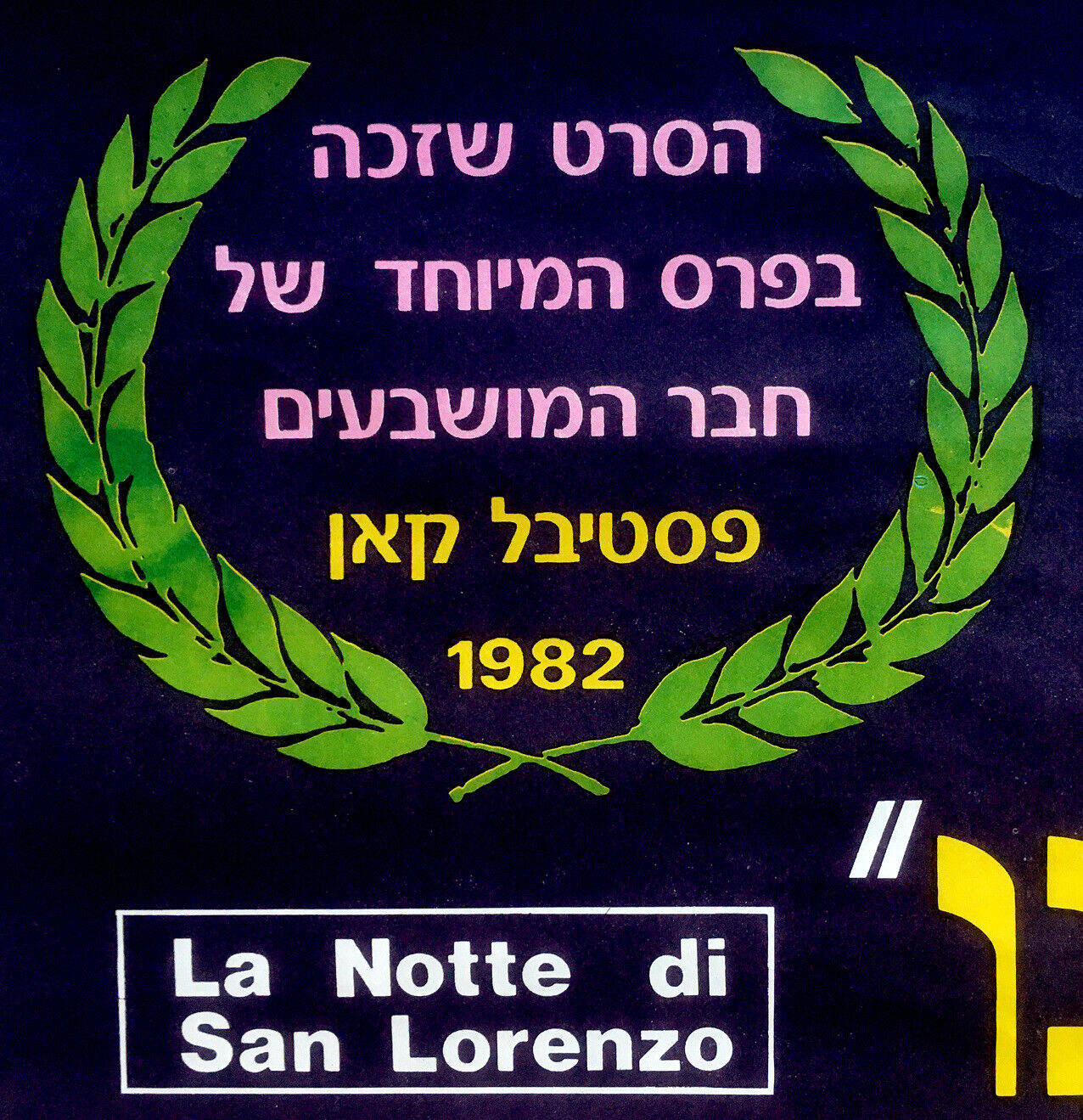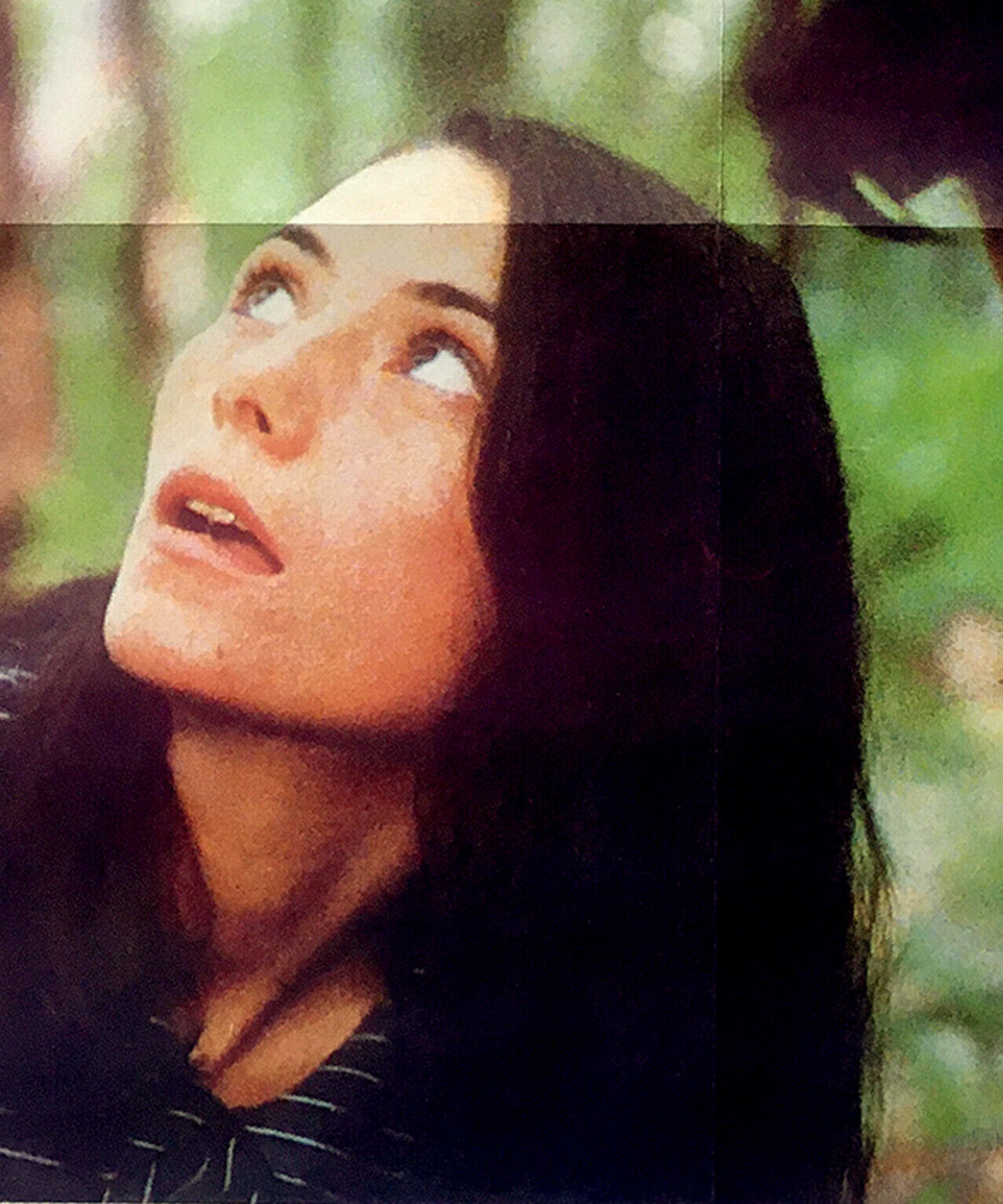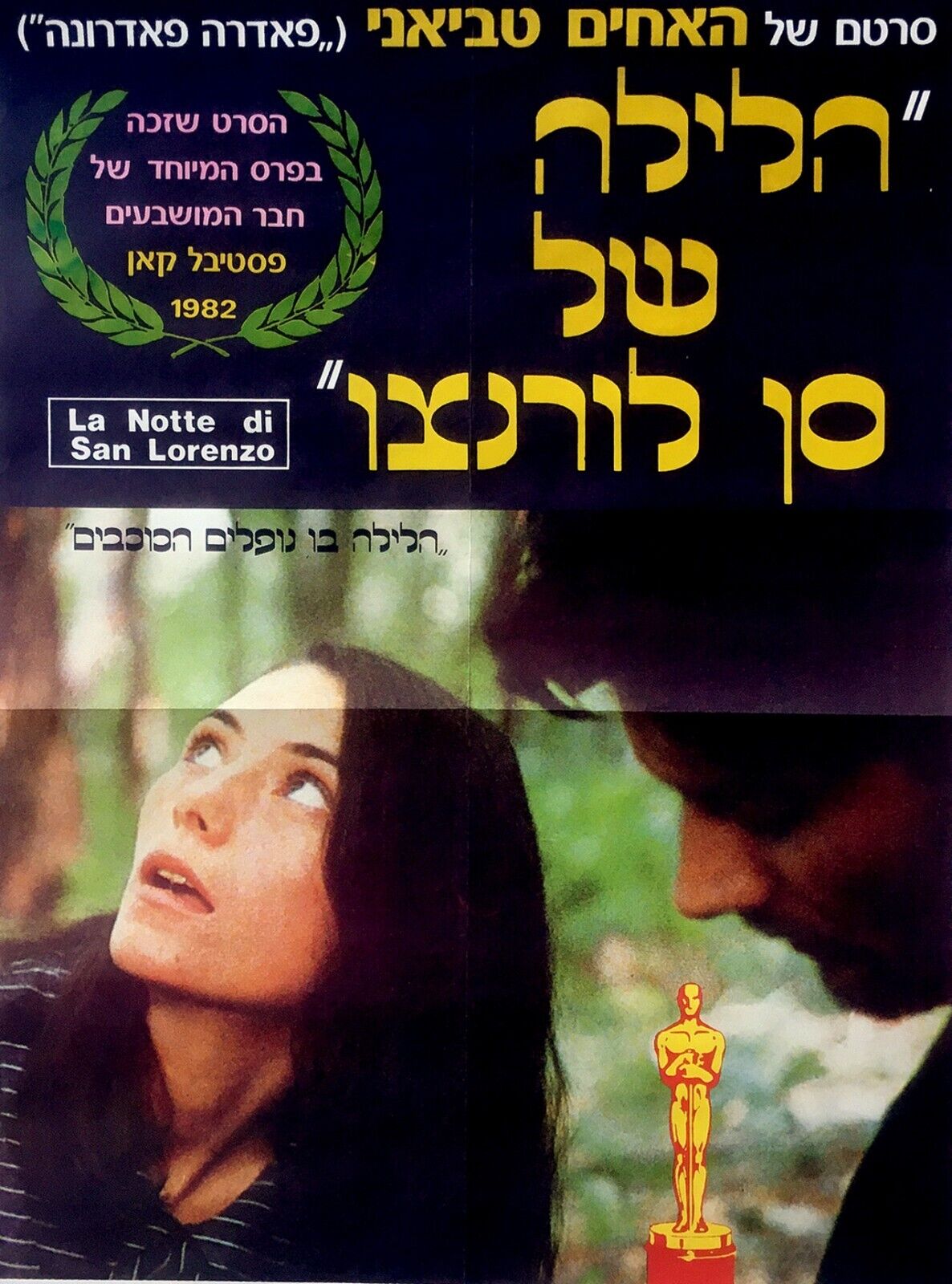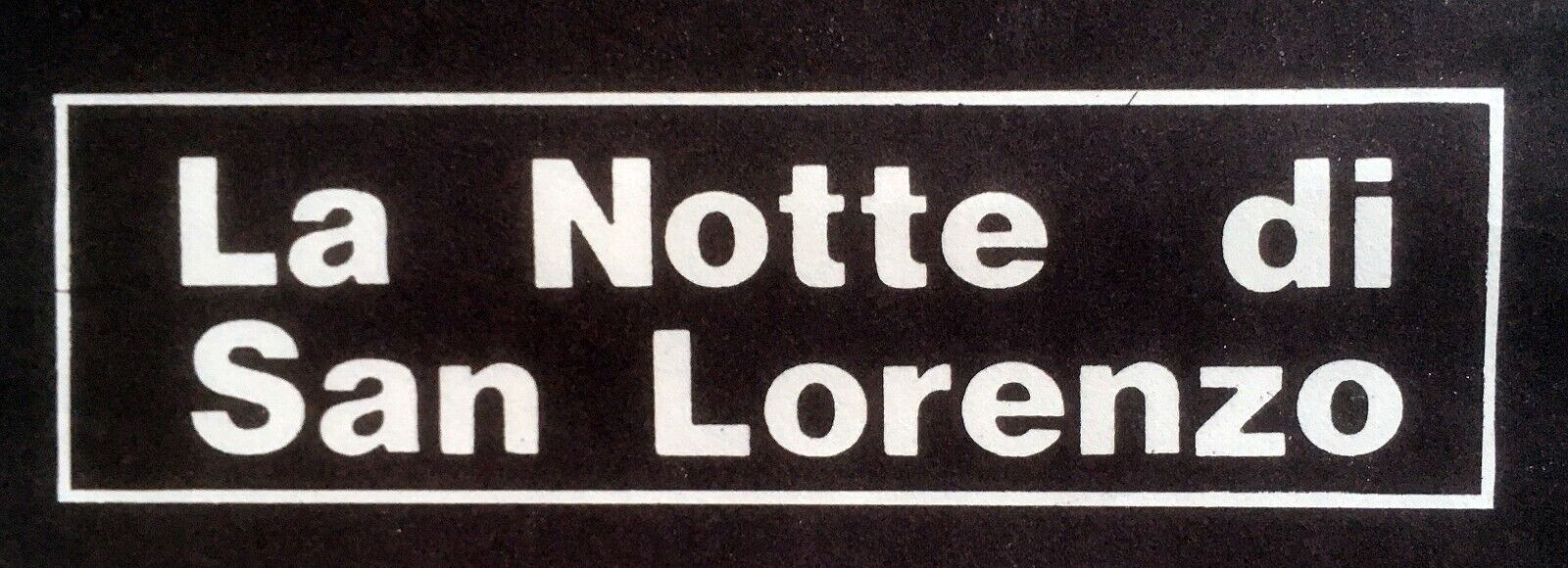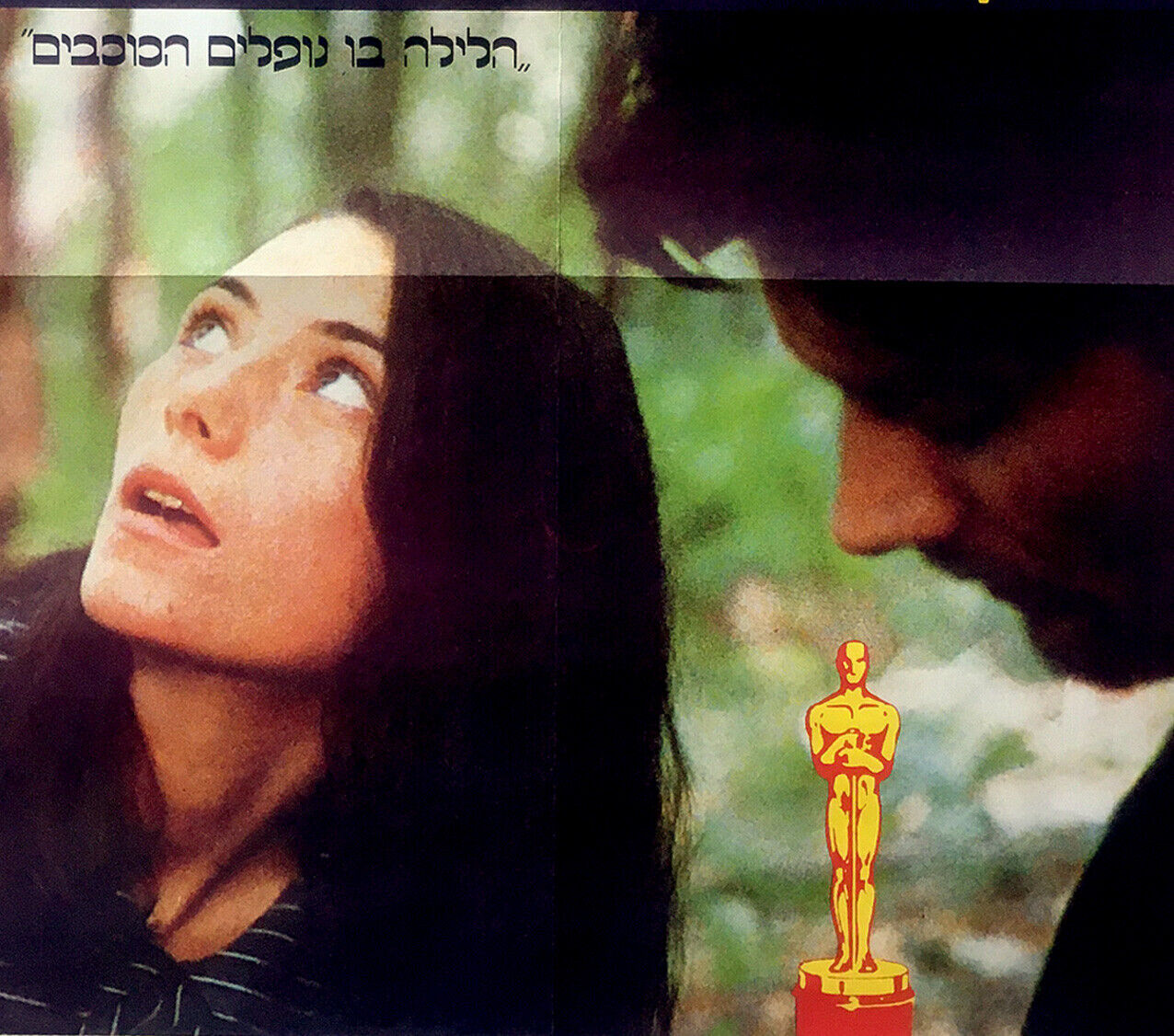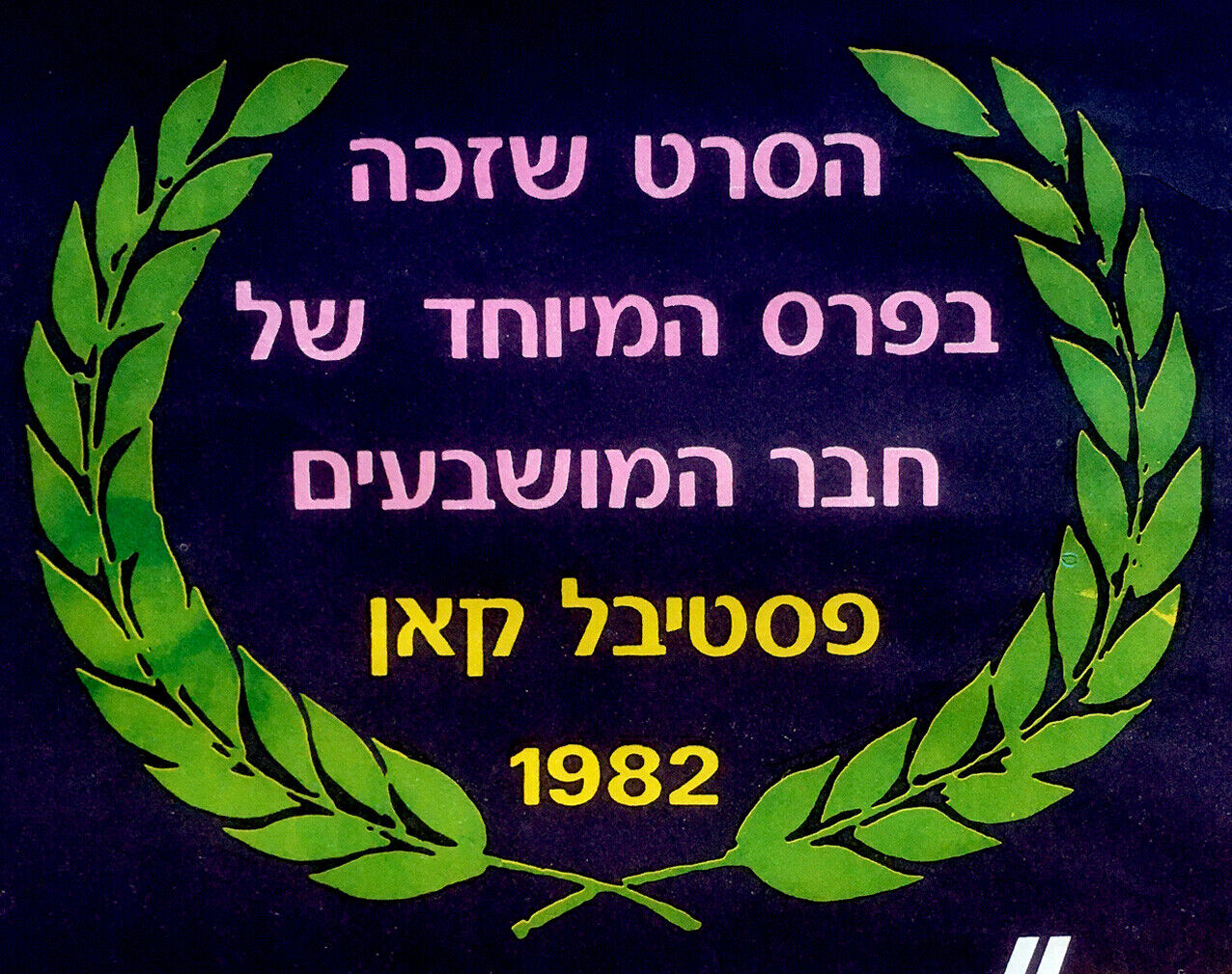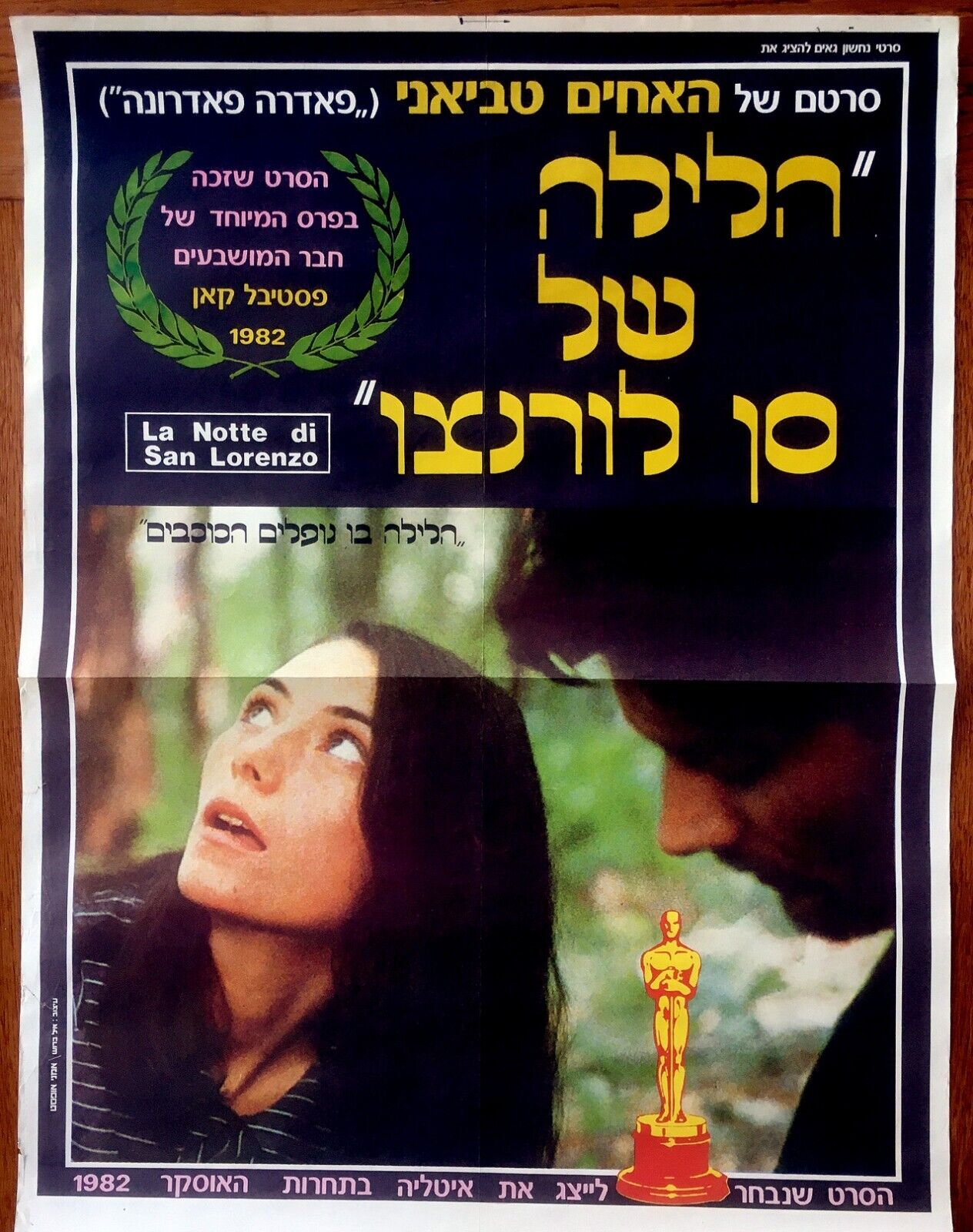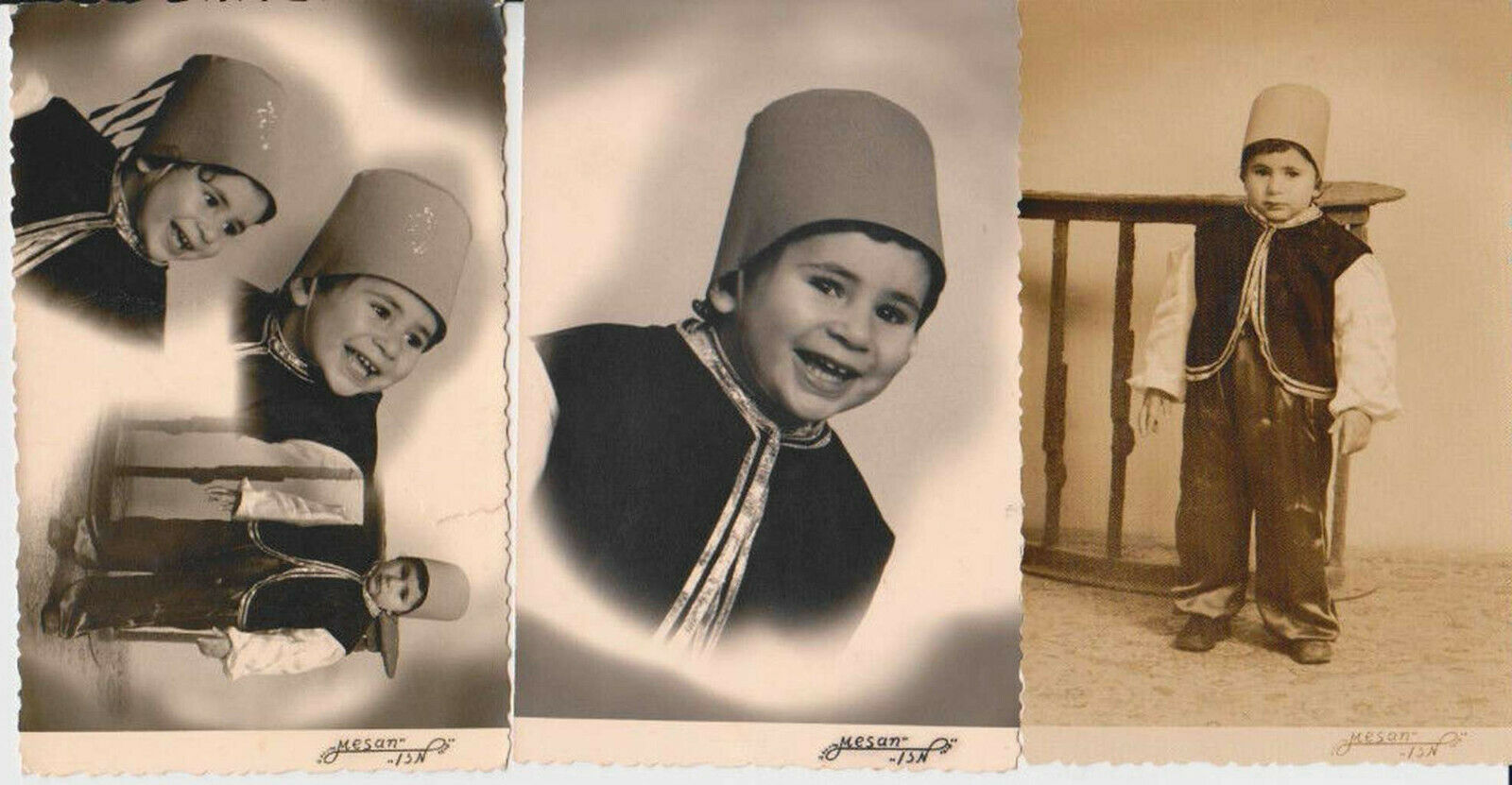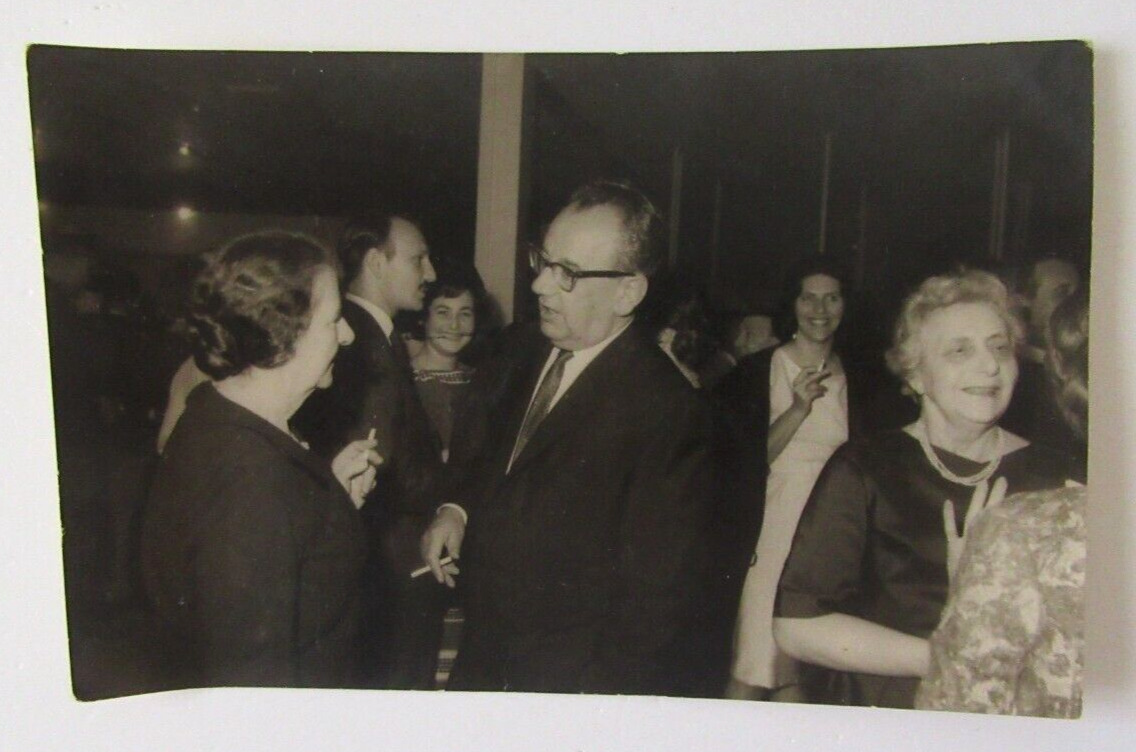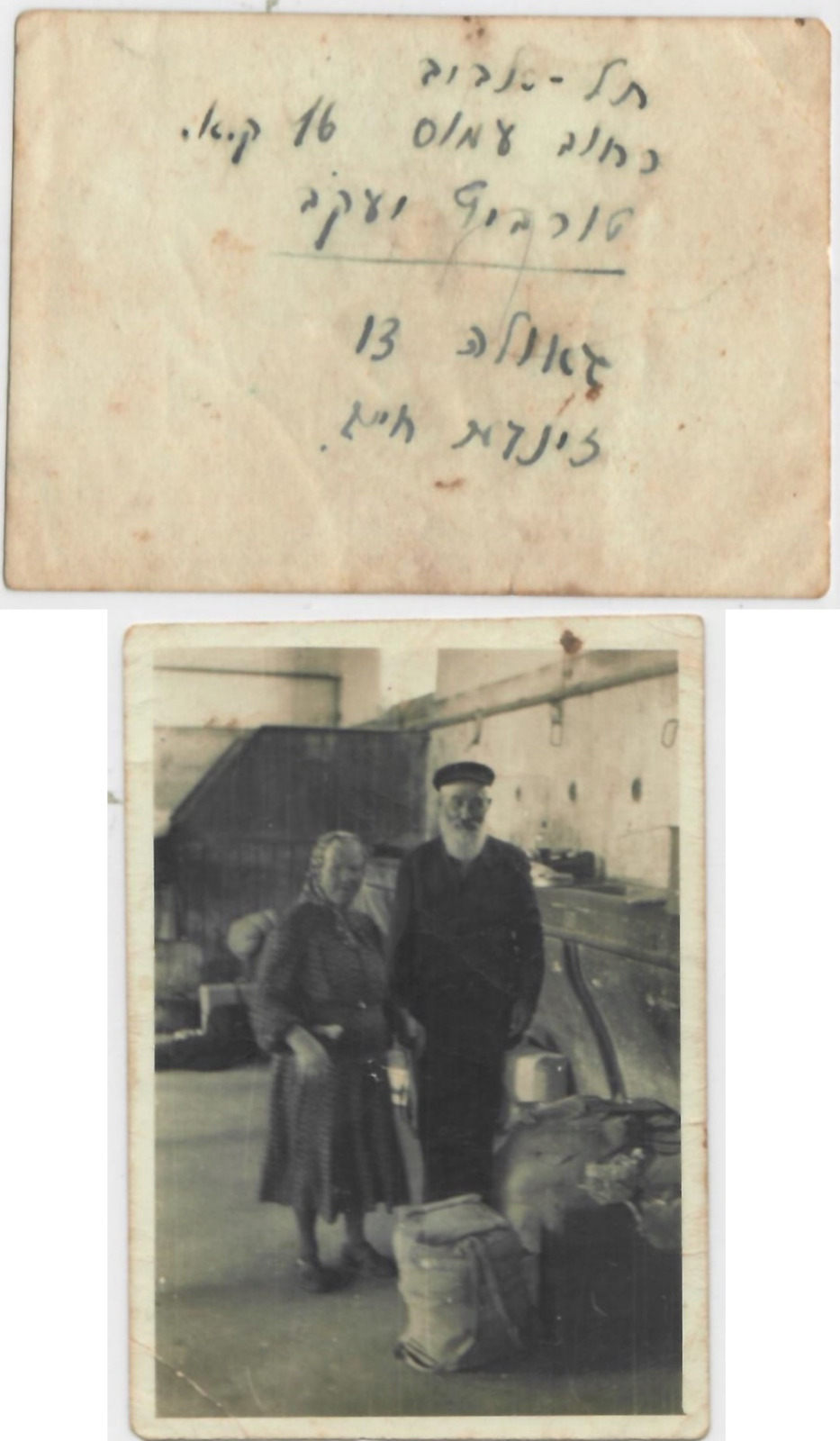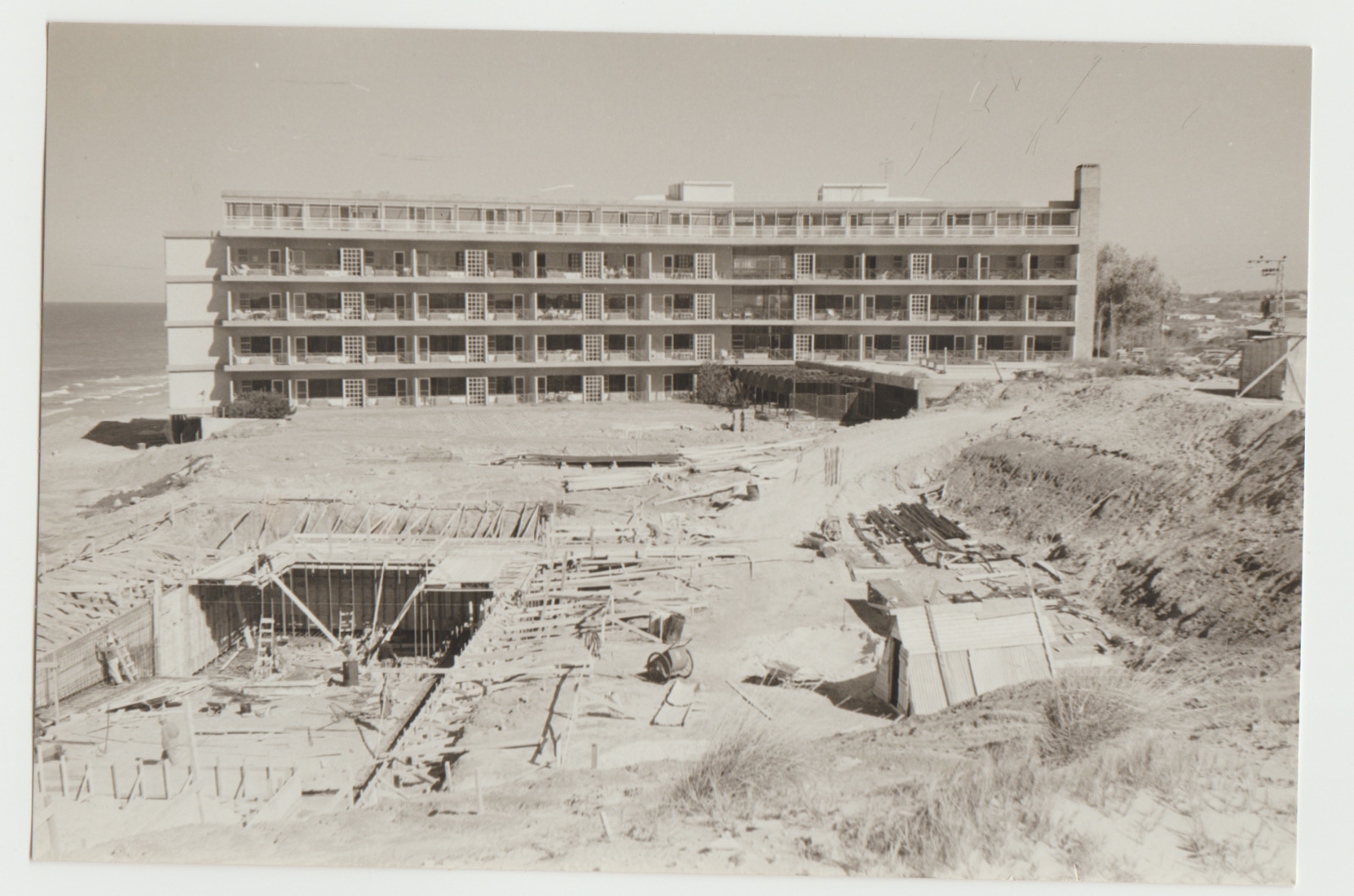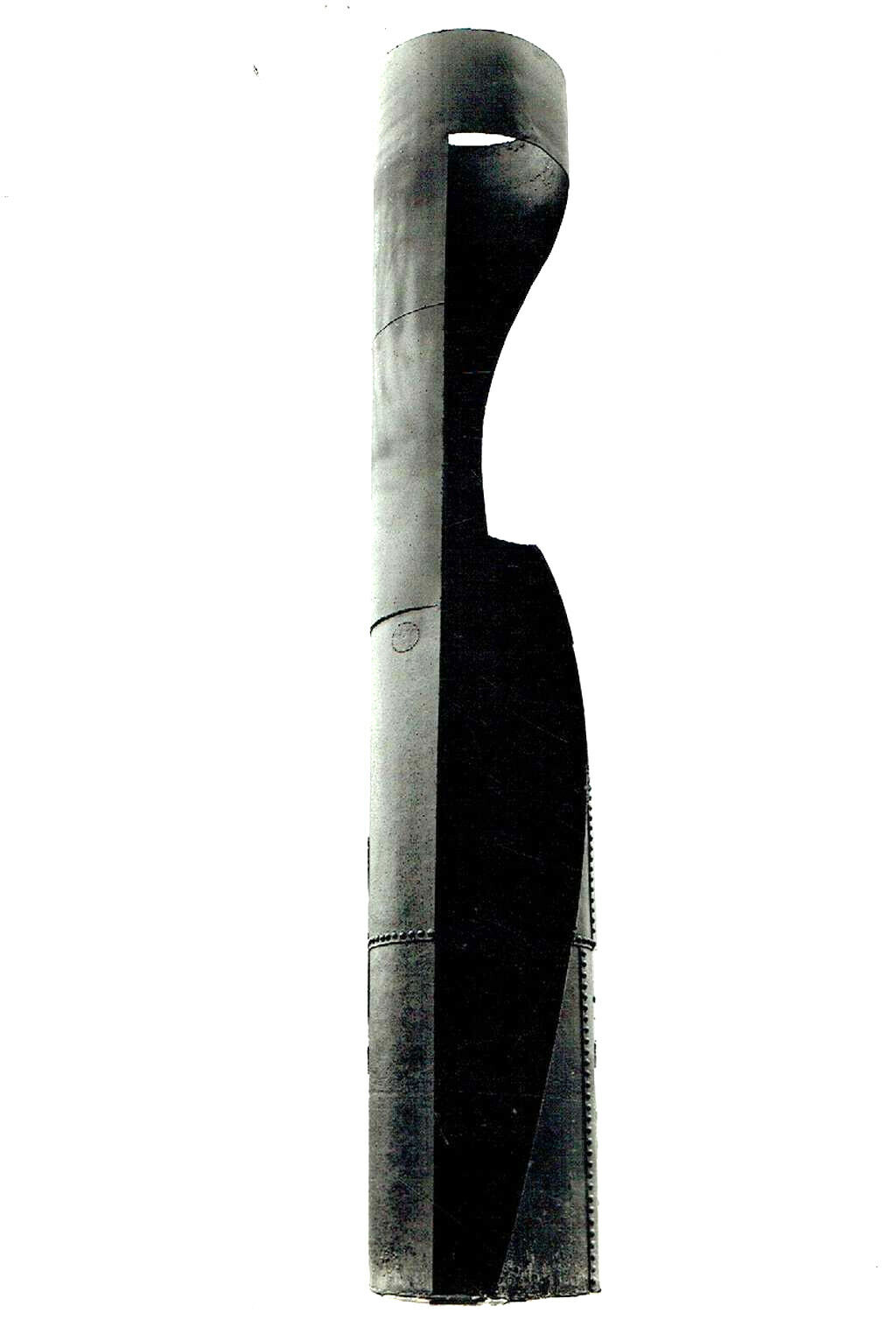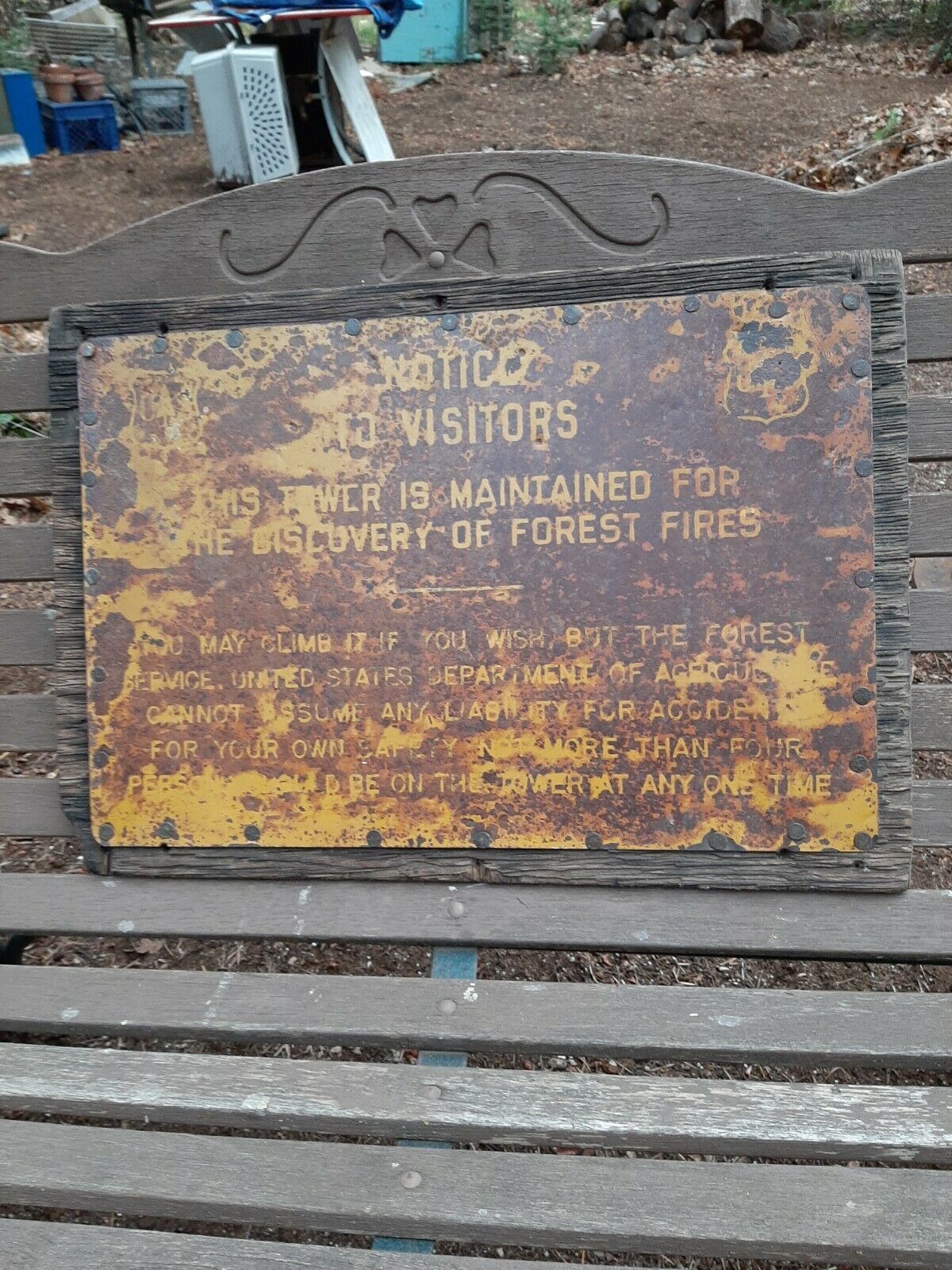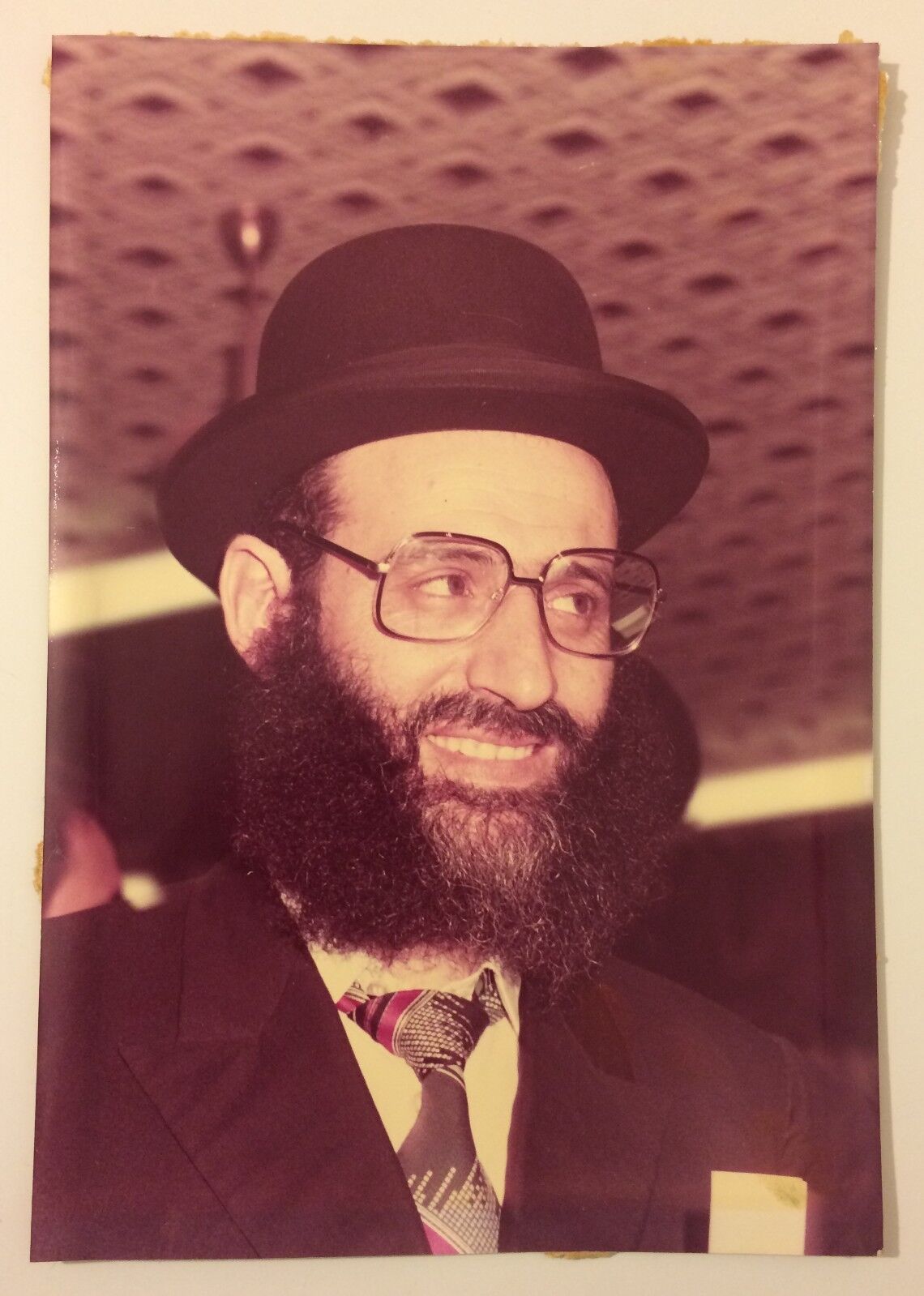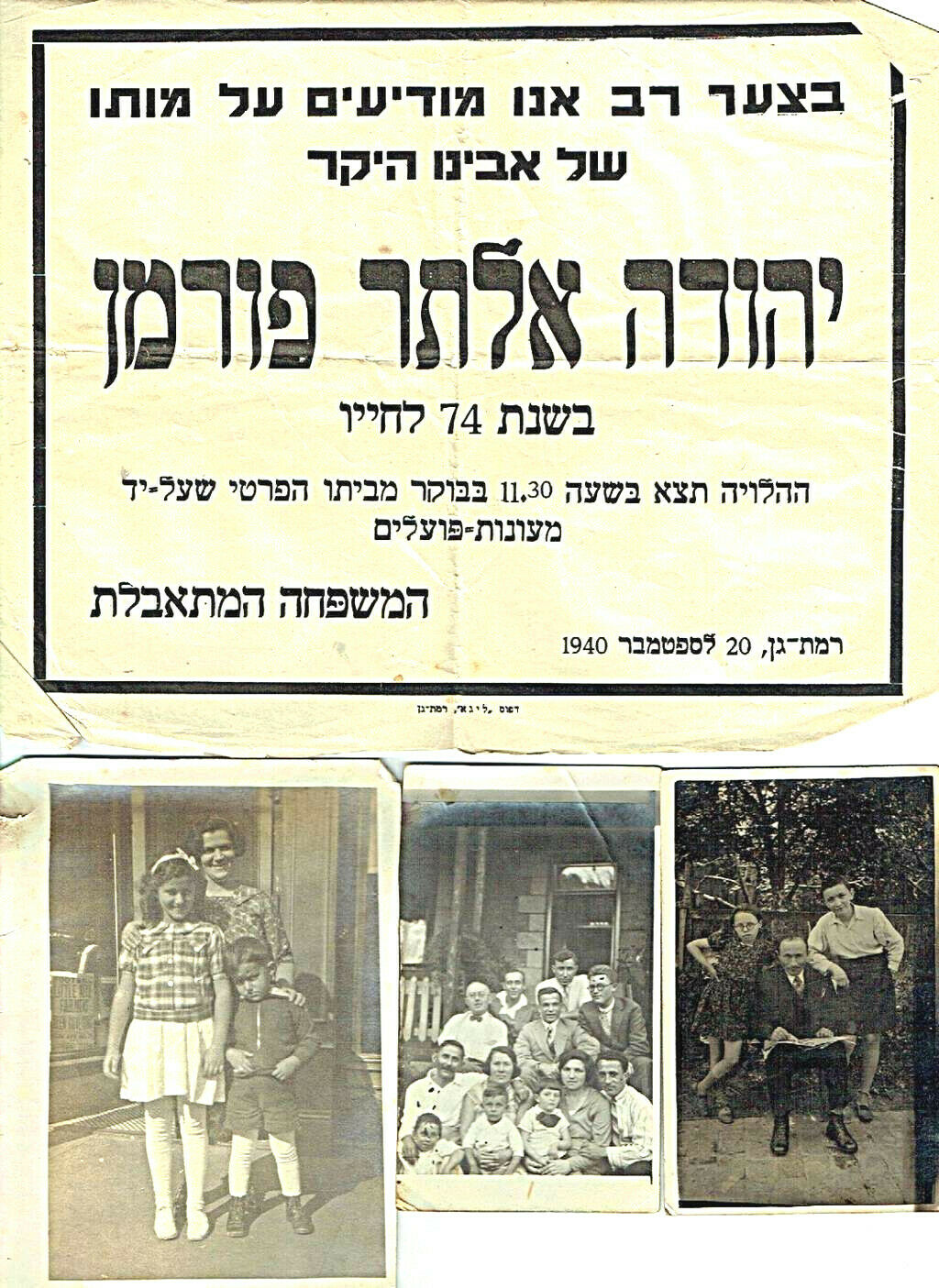-40%
1982 Film ITALIAN MOVIE POSTER Israel NIGHT OF SHOOTING STARS Hebrew TAVIANI
$ 50.16
- Description
- Size Guide
Description
DESCRIPTION:
Here for sale is an ORIGINAL beautifuly illustrated colorful ISRAELI Theatre POSTER . The theatre poster from the ITALIAN movie : "LA NOTTE DI SAN LORENZO " ( "THE NIGHT OF SAN LORENZO" or "THE NIGHT OF THE SHOOTING STARS" ) by the TAVIANI brothers .
The poster was issued in 1982 by the Israeli distributers of the film for its ISRAELI PREMIERE - RELEASE . Kindly note : This is an ISRAELI MADE poster - Designed , Printed and distributed only in Israel
. The poster is in very good condition. Printed on thin paper. Size around 28" x 20" . Folded once. ( Please watch the scan for a reliable AS IS scan ) . Poster will be sent rolled in a special protective rigid sealed tube.
AUTHENTICITY
:
This poster is an ORIGINAL vintage 1982 theatre poster , NOT a reproduction or a reprint , It holds a life long GUARANTEE for its AUTHENTICITY and ORIGINALITY.
PAYMENTS
:
Payment method accepted : Paypal
& All credit cards
.
SHIPPMENT
:
Shipp worldwide via registered airmail is $ 25 . Poster will be sent rolled in a special protective rigid sealed tube.
Will be sent around 5 days after payment .
The Night of the Shooting Stars (UK: The Night of San Lorenzo, Italian: La Notte di San Lorenzo) is a 1982 Italian fantasy war drama film directed by Paolo Taviani and Vittorio Taviani. It was written by Giuliani G. De Negri, Paolo Taviani, Tonino Guerra, and Vittorio Taviani.[1] It was entered into the 1982 Cannes Film Festival where it won the Jury Special Grand Prix.[2] The film was selected by Italy as its entry for the Best Foreign Language Film at the 55th Academy Awards, but was not accepted as a nominee.[3] Contents 1 Plot 2 Cast 3 Reception 4 Soundtrack 5 See also 6 References 7 External links Plot[edit] The film opens with a mother telling her sleeping son a story from her childhood. The story recounts how wishes come true when a shooting star occurs. She proceeds to tell the story of the Italian town she once lived in. A man and his pregnant fiancé quickly marry in the church. After their marriage, the family of the bride had a mini celebration. The film follows several inhabitants of an Italian town during the end of World War II. Defeat is certain for the German army, and the front is retreating to Germany, leaving a path of destruction in its wake. The Germans plan to blow up several buildings in the town and have told all the villagers to congregate in the town's church. Approximately half of the town decides to stay and place their trust in the church. The rest of the town dresses in dark clothing to blend in the night. The man joined the retreating group as his wife and her mother stayed in the church. They head out seeking the Americans who were rumored to be nearby, liberating towns as they come to them. The bishop wants to say mass with the townspeople in the church. He finds only two pieces of bread for communion. One of the townspeople mentions that she has a loaf of bread. The bishop asks her, and the rest of the congregation, to divide up their bread so he can bless it and use it instead of the standard host. While he is performing communion, the Fascists explode a bomb in the church, resulting in panic, people fleeing, and many casualties. One wounded girl is seen being carried outside by her mother. It was the man's wife. The bishop tries to help carry the woman but when he realises that he caused the deaths, he drops her and flees. As the mother continues to carry her, the husband returns from his group to be with his wife, but it is too late to save her. The man returns to his group and they continue their trek. They pass a field where partisans are harvesting the grain. The partisans share their complaints that they're replacing the grain stolen by the Fascists. The group had learned on the road that the partisans can help transport people safely to a city away from the Fascists. The group helps the partisans harvest grain. During the day, the group must hide from German planes that fly over at midday while they are threshing. Cecilia, who is telling this story, reveals that, at that night, the shooting stars occurred, but the people were so caught up in the pain and fear that they forgot all about it. In the afternoon of the next day, the group is ambushed by Fascists. During the ambush, the majority of the group are killed. Cecilia watches a Fascist kill her grandfather and mother. As the Fascist comes after Cecilia, she repeats a nonsense rhyme that her mother had taught her to say whenever she is afraid. As she says the lines, an ancient warrior appears with a spear and a shield. The warrior throws the spear and pierces the Fascist's stomach. As the Fascist looks up in surprise, a line of ancient warriors appears and throw their spears, killing the Fascist. The man, Cecilia, and a few other members of the group survive the fight and continue heading to their journey. That night, Galvano, the elderly leader of the group and an older woman from the group share a room, leading them to reveal that they have had feelings for each other since they were young. The mother tells her sleeping son to remember the lines of the rhyme, then the mother is revealed to be Cecilia, the child in the story. Cast[edit] Omero Antonutti - Galvano Margarita Lozano - Concetta Claudio Bigagli - Corrado Miriam Guidelli - Belindia Massimo Bonetti - Nicola Enrica Maria Modugno - Mara Sabina Vannucchi - Rosanna Giorgio Naddi - Bishop Renata Zamengo - La Scardigli Micol Guidelli - Cecilia Massimo Sarchielli - Father Marmugi Giovanni Guidelli - Marmugi Junior Mario Spallino - Bruno Paolo Hendel - Dilvo Reception[edit] The film was given a rapturous review in The New Yorker by the critic Pauline Kael, who wrote, "The Night of the Shooting Stars is so good it's thrilling. This new film encompasses a vision of the world. Comedy, tragedy, vaudeville, melodrama - they're all here, and inseparable...In its feeling and completeness, Shooting Stars may be close to the rank of Jean Renoir's bafflingly beautiful Grande Illusion...unreality doesn't seem divorced from experience (as it does with Fellini) - it's experience made more intense...For the Tavianis, as for Cecilia, the search for the American liberators is the time of their lives. For an American audience, the film stirs warm but tormenting memories of a time when we were beloved and were a hopeful people."[4] In July 2018, it was selected to be screened in the Venice Classics section at the 75th Venice International Film Festival.[5] ***** The Night of the Shooting Stars Directed by Paolo Taviani, Vittorio Taviani A parabolic Italian film about freedom, death, and grace set during World War II. Film Review by Frederic and Mary Ann Brussat Twitter Facebook Link Print This Italian parabolic film is about events that take place in the Tuscany region of Italy during August of 1944. It is told from the point of view of Rosanna, a six-year-old girl. When the citizens of San Marino learn that their houses have been mined by the Germans, they are told to take shelter in the cathedral. While most of them obey, a small group led by Galvano (Omero Antonutti), a worldly-wise peasant, head into the hills in search of the Americans who will liberate them. For the adults in this band of refugees, what happens to them is a nightmare of death and senseless destruction; for Rosanna (Sabina Vannucchi), it is an adventure to be savored and remembered. Directors Paolo and Vittorio Taviani (Padre Padrone) are convinced that the war drew out people's best and worst qualities. Examples of both abound in this movie. The incidents are terrifying, whimsical, and tragic as San Marino's pilgrims learn the hard lesson that those who come promising a path to freedom — the town's leaders, a collaborationist priest, Italian fascists — are really wolves in sheep's clothing. In the last analysis, neither religious faith, reason, nor rebellion help Rosanna survive "the night of the shooting stars." Her sense of wonder and a cock-eyed nursery rhyme get her through. For Galvano, grace comes in the blessing of an evening with a rich woman he has loved from afar since adolescence; for the other survivors, grace reaches them in the form of a cleansing and healing shower on the day they hear that the Allies have liberated Italy. The Night of the Shooting Stars is a meaningful humanistic meditation for those who have eyes to see and ears to hear its ennobling messages. **** Paolo Taviani (Italian pronunciation: [ˈpaːolo taˈvjaːni]; born 8 November 1931) and Vittorio Taviani (Italian pronunciation: [vitˈtɔːrjo taˈvjaːni]; 20 September 1929 – 15 April 2018), collectively referred to as the Taviani brothers, were Italian film directors and screenwriters who collaborated on film productions. At the Cannes Film Festival, the Taviani brothers won the Palme d'Or and the FIPRESCI prize for Padre Padrone in 1977 and the Grand Prix du Jury for La notte di San Lorenzo (The Night of the Shooting Stars, 1982). In 2012 they won the Golden Bear at the Berlin International Film Festival with Caesar Must Die. Vittorio Taviani died on 15 April 2018 at the age of 88.[1] Contents 1 Career 2 Filmography 2.1 As film directors 2.2 As screenwriters 3 Awards 4 References 5 External links Career[edit] This article's tone or style may not reflect the encyclopedic tone used on Wikipedia. See Wikipedia's guide to writing better articles for suggestions. (April 2021) (Learn how and when to remove this template message) Both born in San Miniato, Tuscany, Italy, the Taviani brothers began their careers as journalists. In 1960 they came to the world of cinema, directing with Joris Ivens the documentary L'Italia non è un paese povero (Italy is not a poor country). They went on to direct two films with Valentino Orsini, Un uomo da bruciare (A Man to Burn) (1962) and I fuorilegge del matrimonio (Outlaws of Marriage) (1963). Their first autonomous film was I sovversivi (The Subversives, 1967), with which they anticipated the events of 1968. With actor Gian Maria Volonté they gained attention with Sotto il segno dello scorpione (Under the Sign of Scorpio, (1969) where one can see the echoes of Brecht, Pasolini, and Godard. In 1971, they co-signed the media campaign against Milan's police commissioner Luigi Calabresi, published in the magazine L'espresso. The revolutionary theme is present both in San Michele aveva un gallo (1971), an adaptation of Tolstoy's novel The Divine and the Human, a film greatly appreciated by critics, and in the film Allonsanfan (1974), in which Marcello Mastroianni has a role as an ex-revolutionary who has served a long term in prison and now views his idealistic youth in a much more realistic light, and nevertheless gets entangled in a new attempt in which he no longer believes. Their next film Padre Padrone (1977) (Palme d'Or at the Cannes Film Festival), taken from a novel by Gavino Ledda, speaks of the struggle of a Sardinian shepherd against the cruel rules of his patriarchal society. In Il prato (1979) there are nonrealistic echoes, while La notte di San Lorenzo (The Night of the Shooting Stars, 1982) narrates, in a fairy-tale tone, a marginal event in the days before the end of World War II, in Tuscany, as seen through the eyes of some village people. The film was awarded the Special Jury Award in Cannes. Kaos (1984)—another literary adaptation—is a poignantly beautiful and poetical film in episodes, taken from Luigi Pirandello's Short Stories for a year. In Il sole anche di notte (1990) the Taviani brothers transposed in 18th century Naples the story from Tolstoy's Father Sergius. Paolo Taviani and Vittorio Storaro From then onwards, the Tavianis' inspiration proved faltering. Successes like Le affinità elettive, (1996, from Goethe) and an attempt to woo the international audiences like Good morning Babilonia, (1987), on the pioneers of cinema history, alternate with lesser films like Fiorile (1993) and Tu ridi (1996), inspired by the characters and short stories of Pirandello. In the 2000s, the brothers turned successfully to directing television films and miniseries, such as Leo Tolstoy's Resurrection (2001) and Alexandre Dumas's Luisa Sanfelice (2004), as well as La masseria delle allodole (2007), presented at the Berlin Film Festival in the section 'Berlinale Special'. Their film Caesar Must Die won the Golden Bear at the 62nd Berlin International Film Festival in February 2012.[2] The film was also selected as the Italian entry for the Best Foreign Language Oscar at the 85th Academy Awards, but it did not make the final shortlist.[3] On 15 April 2018, Vittorio Taviani died in Rome after a long illness at the age of 88.[4][5] ebay5804

